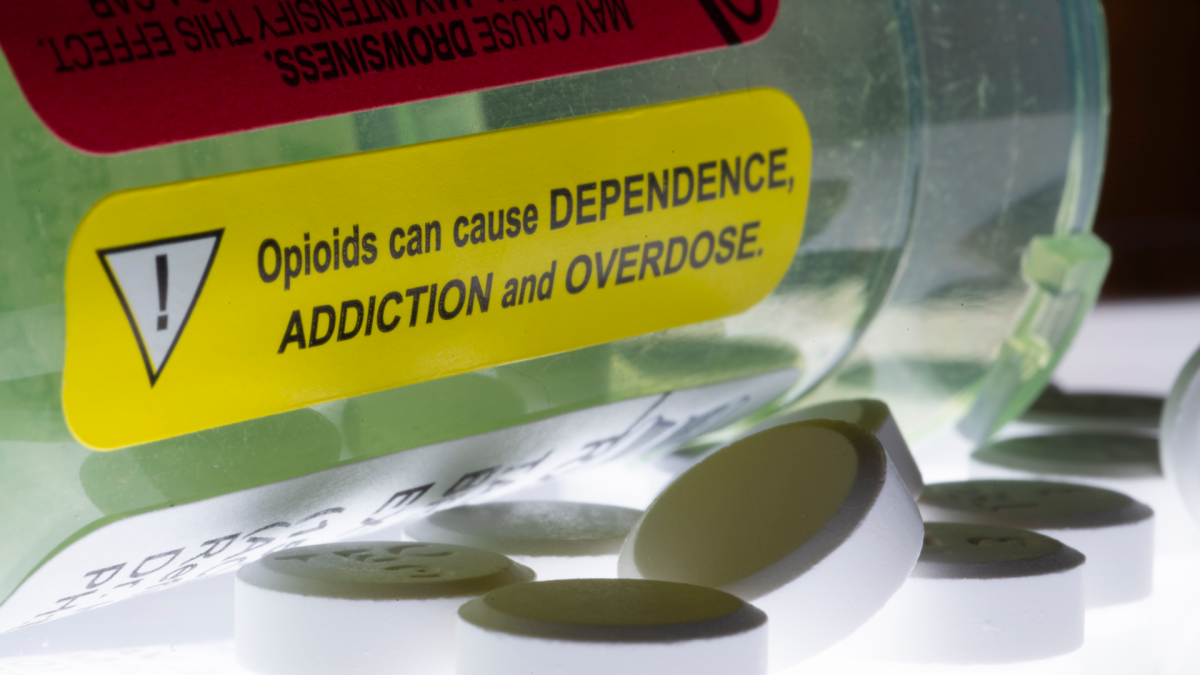A local MP says a change of direction in regards to the opioid crisis will be his party’s first priority when the next session of parliament begins.

Hamilton Centre MP Mathew Green says a federal NDP bill has been put forward which, if passed, would decriminalize drug possession for personal use and expand access to harm reduction, treatment and recovery services.
“Parents are burying their kids and communities are devastated by these overdoses. In the last five years, more than 20,000 Canadians have died of drug overdoses and the pandemic has only made things worse,” Green said in a release.
The MP pointed to the situation in Hamilton as an example, with opiod related paramedic calls skyrocketing in 2021 by almost 90 per cent compared to the first year the city started tracking the narcotic dispatches in 2017.
In all, the city had 914 suspected cases compared to the 430 recorded in 2017. Year over year, calls went up 62 per cent from 2020.
Paramedics responded to a four-year high of 109 suspected opiod overdose calls in August of last year. Most of the suspected cases were with men at an average age of 37.
More than 100 drug-related deaths per year have been recorded over the last four years in Hamilton — a death rate about 70 per cent higher than the provincial number.

Get breaking National news
A 2018 provincial report showed that 31 per cent of those deceased were workers in the construction industry.
Two inner-city doctors revealed drug use was a significant factor in lowering the average life expectancy to just 36 among people living rough in Hamilton.
Dr. Inna Berditchevskaia, co-author of the 2021 study and internal medicine resident physician at McMaster University, says eight of the deaths were attributed to substance abuse, particularly opioids, which differs from afflictions that lead to death with the general public.
“So these people are dying significantly younger and … from overdose … that’s a poisoned drug supply.”
“(The) rhetoric on ‘tough on crime’ and the ‘war on drugs’ has gone away,” Green told Global News.
“Local city mayors and councillors, boards of public health, are realizing on the ground that this is a failed approach, and there needs to be a more caring and compassionate model.”
A November survey showed Canadians in general are showing more concern about the opioid crisis.
Conducted by Research Co., it found that 45 per cent of respondents from across Canada described prescription and non-prescription opioid drug use in their communities as “a major problem,” up six per cent from a similar poll conducted in September 2020.
Almost 70 organizations from across the country — including the HIV Legal Network, the British Columbia Civil Liberties Association, and the National Association of Women and the Law — wrote a letter to Prime Minister Justin Trudeau in 2021 asking he make drug policy reform a priority for his newly re-elected Liberal government.
The groups said many deaths were fuelled by “a contaminated drug supply and the stigma associated with drug use” which is only reinforced by criminalizing drugs and drug users.
The Trudeau government has so far rejected wholesale decriminalization of simple drug possession and consumption, but has taken incremental steps toward treating drug use as a health issue rather than a criminal one.
A statement in late 2021 from Health Minister Patty Hajdu’s office stressed the importance of moving swiftly on drug use but stopped short of endorsing decriminalization.
“As the opioid and overdose crisis continues to worsen we must take every measure possible to reduce harms and save lives,” her office said in an October statement.
“We recognize the different approaches cities, provinces, and other organizations are taking and are supportive of their work. We know there is more to do and our government will remain engaged with them to move these health-based approaches forward.”
— with files from the Canadian Press












Comments
Want to discuss? Please read our Commenting Policy first.